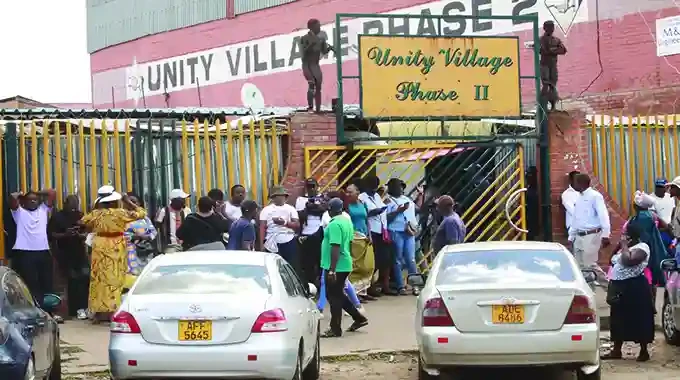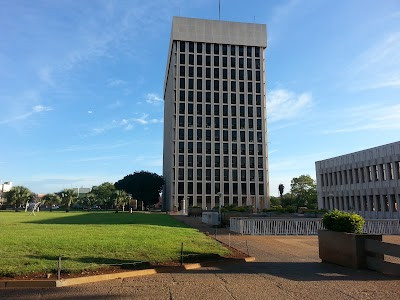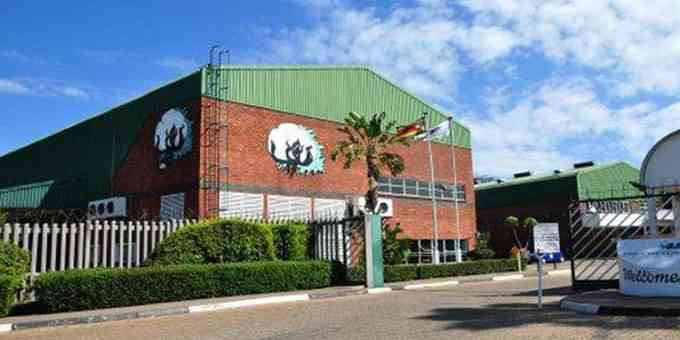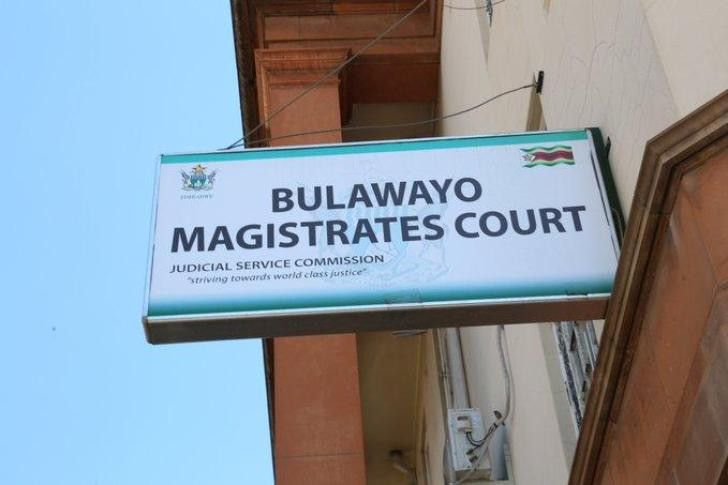Burzil Dube THE winter season has come and gone. This also applies to the Covid-19 pandemic, which is gradually waning as evidenced by relaxation of outdoor restrictions which nearly brought the world to its knees economically.
In Zimbabwe, the end of winter season is associated with “commencement” of veld fires whose effects have a large bearing on the ecosystem as well as climate change. Developed countries such as France and others in Europe have recently been caught flat footed as veld fires destroyed vast areas of grassland and plantations.
Some of these countries are counting their losses. In France more than 20 000 hectares of land has been devastated by fires while close to 38 000 people were evacuated from their homes. It is reported that this year’s fires were some of the biggest in French history.
In Portugal more than 5 000 hectares was destroyed by wildfires which authorities battled for several days before bringing it under control.
On the other hand, line government ministries in Zimbabwe and relevant stakeholders have recently been working round the clock to ensure that veld fires are curtailed or brought to a minimal compared to previous years where both human and animal lives were lost.
The country’s veld fire season spans from July to October of any particular year and during this period the biomass would normally be dry and windy providing a basis for uncontrolled and runaway fires which are in turn destructive to the environment.
Keep Reading
- Chamisa under fire over US$120K donation
- Mavhunga puts DeMbare into Chibuku quarterfinals
- Pension funds bet on Cabora Bassa oilfields
- Councils defy govt fire tender directive
However, this year’s fire season has been extended to end of November due to change in climatic conditions which have also naturally altered rainfall patterns.
Information of such magnitude is readily available from the Environmental Management Agency (EMA), currently on a spirited campaign to educate members of the public on dangers as well as prevention of veld fires during this particular period.
Kudos to EMA for a job well done!
Yours Truly has always “partnered” with EMA during this time of the year to raise awareness concerning hazards associated with such type of fires which are detrimental to the ecosystem especially in the travelling and touring industry.
Last May, Yours Truly was among the first anti-veld fire activists who made an impassionate plea to all and sundry who cared to listen on dangers associated with wanton burning of land without due care to nature and its related inhabitants.
It is a universal fact that most fires are caused by land clearing, arson, illegal mining, poor ash disposal, illegal hunting, reckless disposal of cigarette stubs, lighting fire by roadsides while waiting for morning transport and children playing with matches among others.
As a proponent of tourism revival especially in the country’s game parks, Yours Truly will highlight some heartrending cases where wild animals perished in veld fires thus putting a dent on the hospitality industry.
A few years ago (never mind the period), more than 10 elephants and various other animals died in Hwange National Park when wild fires engulfed parts of the country’s largest and iconic game reserves.
Some of the animals were mercifully put down while conservancies such as Matetsi, Robins Camp and Zambezi were also affected by such fires.
Judging by the state of preparedness which Yours Truly recently witnessed in one of the national parks, the onus also lies with tourists who should be wary with dangers associated with any form of fire. It seems most game reserves are on top of the situation as far as wild fire preparedness was concerned.
Even in neighbouring countries such as South Africa, preparatory programmes are also in full swing in their national parks.
An Abiotic Scientist at Kruger National Park Tercia Strydom had this to say: “We encourage tourists to be fire-wise when visiting the park.”
“Only make fires in designated braai areas and do not leave them unattended, especially on a hot, windy day.
“If you happen to drive past a veld fire in the park, please drive slowly and put on your lights if visibility is obscured.
“If you suspect that a fire is unattended and do not see personnel on site, please report to the nearest camp and section ranger.”
Protection of veld fires requires collective effort.
Together we can make it.
Till we meet in the next column.
- Comments always welcome on: dubebasill@gmail.com or Twitter@DubeBurzil





